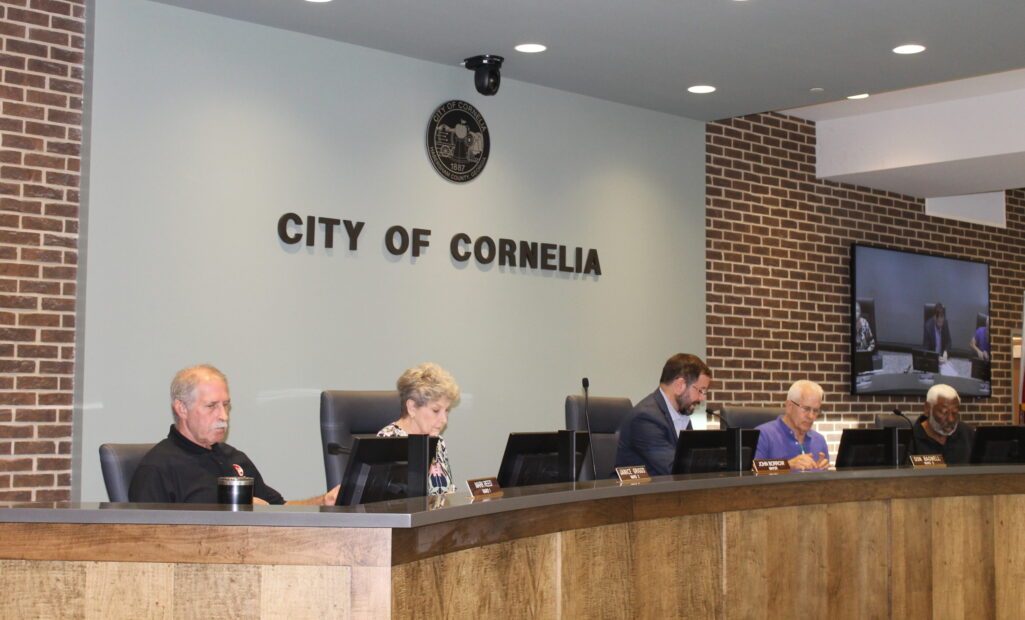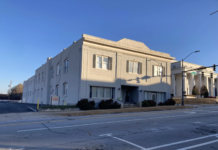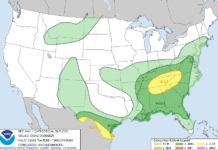
Plans for an income-based housing development on Elrod Street have for now stalled following a decision by Georgia’s Department of Community Affairs (DCA), according to Cornelia city officials.
Last year, Cornelia commissioners approved annexation and rezoning of the 28-acre parcel adjacent to Elrod Street as a R-2 Multi-Family district.
The proposed development, a low income housing tax credit project, would’ve come in two phases constructed by Dunwoody-based Landbridge Development – the same developer that owns the Peaks of Cornelia.
Cornelia’s Community and Economic Development Director Jessie Owensby explained the delay came after the city scored too low on a DCA-based point system, which the state uses to determine counties eligible for such income-based housing projects. There also was a recent change to the criteria at the state level that affected Cornelia’s standing for qualification.
“This program is highly competitive throughout Georgia,” Owensby said. “The eligibility is based on a point system, and the more you have, the stronger your application. Each county is only allowed to have so many of these developments per state law, and the Department of Community Affairs only awards a limited number of projects per year…our application didn’t score as high as some of the others throughout the state.”
Owensby told Now Habersham the city plans to “apply for that property with those developers again in 2026.”

Details of the proposal, if approved
The proposal is part of an income-based strategy to address poverty and housing insecurity seen across the state.
If constructed, residents who apply with a 60-80% annual median income (AMI) would secure lower rates based on their income bracket. In Cornelia, AMI is estimated to be around $48,000-68,000 a year, Owensby said.
And, if the development were constructed, a person within that income range would’ve been able to obtain a three-bedroom apartment for around $1,000 per month, according to Owensby, instead of paying the market rate.
But the project wouldn’t have been solely income-based, according to Owensby, and instead would create a more diverse socioeconomic living situation as well as opportunity for advancement.
“There are a few units that are designated to be market rate, so as to create a mixed-market environment,” Owensby said. “The program also allows for training for residents and the opportunity for them to obtain GEDs. There are certain criteria that each family has to meet annually upon renewal of their lease.”
Owensby said that criteria “includes – but is not limited to” – the following:
- A renewal application
- Proof of full-time employment and income
- Apartment inspection
- A drug test
- No more than six residents per unit







